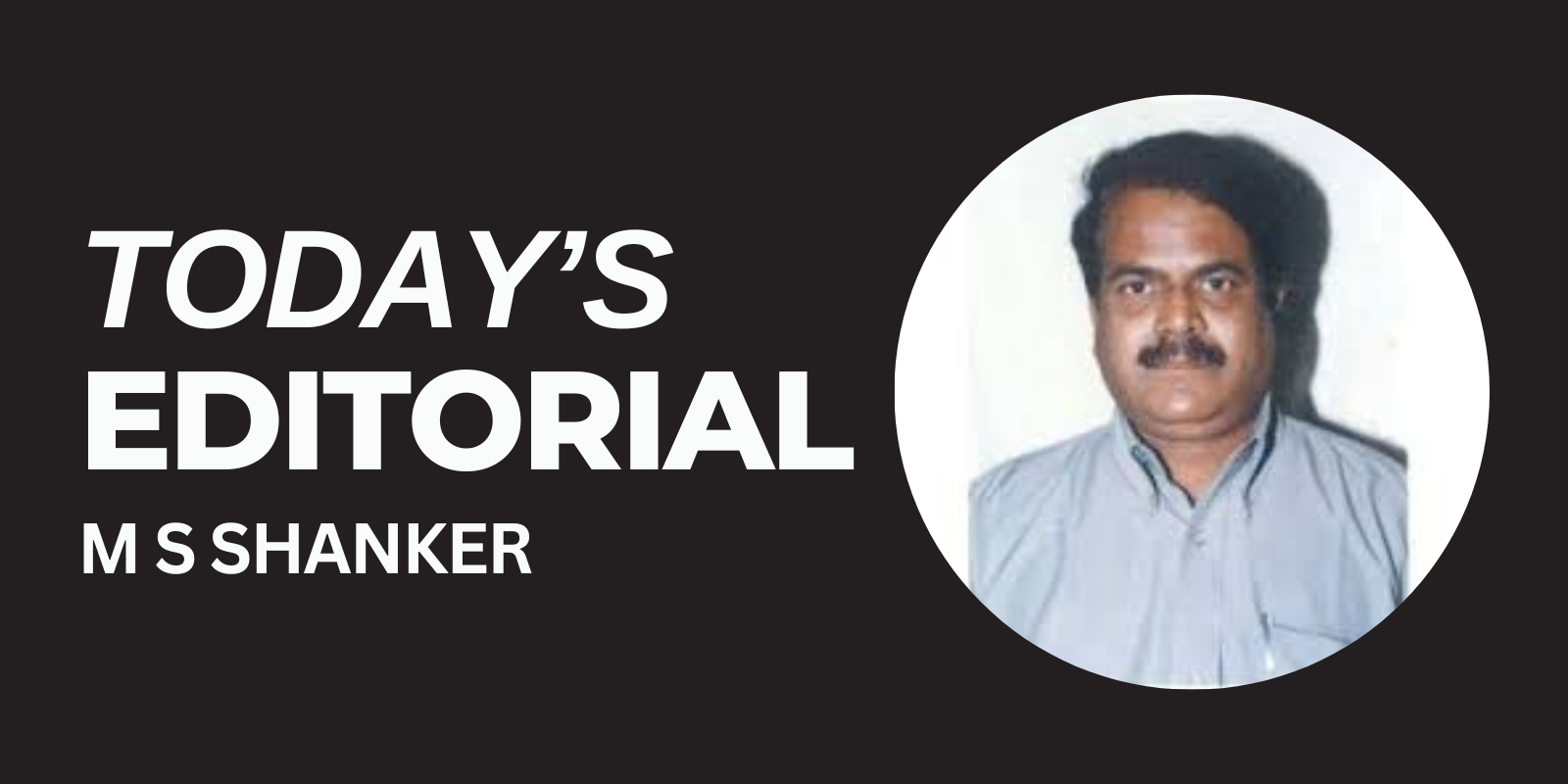The World Bank’s projection of a 7 percent GDP growth rate for India in 2025 paints a hopeful picture of a nation on the move. Yet, this optimism is not invincible; it faces potential threats from both within and outside the country. India’s growth story could be derailed by forces that thrive on instability—whether through law-and-order issues, political strife, or even external machinations. Recent developments, such as the tension in neighboring Bangladesh and the ethnic troubles in Manipur, suggest that geopolitical rivals like the US and China might be working to destabilize India’s economic development. Even more troubling, India’s internal political opposition, particularly the Congress party, seems to be aiding these external forces by creating internal chaos and dissent against the BJP-led government. Having ruled India for over six decades, Congress has long practiced divisive politics, exploiting religious and communal differences for electoral gains. Its strategy of appeasement politics has alienated the majority Hindu community while simultaneously fragmenting the Muslim minority into rival factions. This approach worked when Congress was the unchallenged leader, but regional parties have now adopted similar tactics, diminishing Congress’s influence further. Facing over two decades out of power and a crushing defeat in the 2024 Lok Sabha elections, Congress is now allegedly pursuing dubious foreign alliances to regain relevance. The Memorandum of Understanding (MoU) signed with the Chinese Communist Party a decade ago raised eyebrows, and the reappointment of Sam Pitroda, known for his controversial anti-national stance, as Congress’s overseas head signals a disturbing shift towards courting Western powers. The recent meeting between U.S. Ambassador Eric Garcetti and Congress President Mallikarjun Kharge only adds weight to suspicions of foreign meddling in India’s domestic politics.
In this volatile environment, Prime Minister Narendra Modi’s third term (Modi 3.0) must be marked by heightened vigilance and proactive measures. While economic growth depends on a variety of factors, maintaining internal stability is a fundamental requirement. India’s economic progress has often been jeopardized by internal rivalries, regional conflicts, communal tensions, and insurgencies. Externally, the nation has faced cross-border terrorism, economic warfare, and geopolitical tensions. These threats could easily destabilize India’s growth prospects, especially if law and order continue to be manipulated for political gains. History has proven that economic success and political stability are interdependent. When law and order break down, the repercussions ripple through the economy, affecting investments, business confidence, and overall market sentiment. Foreign investors shy away, industrial output suffers, and financial markets become volatile. The consequences for economic growth are severe. Therefore, ensuring a stable law and order situation is not just a governance issue; it is an economic imperative. The opposition’s role in this is particularly troubling. While dissent is a healthy part of democracy, when it is exploited to disrupt national stability, it crosses the line into dangerous territory. Congress and its allies seem more focused on instigating protests and fomenting unrest than engaging in constructive opposition. This strategy, if left unchecked, could lead to a vicious cycle of instability that benefits neither the opposition nor the country. Meanwhile, foreign powers may see this internal dissent as an opportunity to further their geopolitical agendas, whether through economic sanctions, cyber warfare, or even proxy wars. In this regard, fake news and misinformation become powerful tools. In today’s digital age, narratives can be constructed and disseminated almost instantaneously, creating unrest and eroding public trust in institutions. The government must be prepared to counter these narratives with equal speed and effectiveness, ensuring that India’s focus remains on growth and development.

To safeguard India’s economic trajectory, the Modi government must adopt a comprehensive strategy that balances strong governance with democratic freedoms. Strengthening intelligence and security frameworks should be a top priority. State-of-the-art intelligence networks will allow security forces to pre-empt and neutralize threats, creating an environment of stability and confidence for investors and citizens alike. The government must also develop and regularly rehearse crisis management plans to handle potential law and order situations swiftly. Furthermore, misinformation and hate speech, particularly on social media, must be regulated through a robust legal framework. Collaborating with tech companies to curb the spread of disinformation is critical to preventing panic and unrest. Economic reforms must be pursued more aggressively to address the root causes of internal dissent. Inclusive growth and social justice initiatives that reduce socio-economic disparities can help maintain social harmony and prevent unrest. Additionally, enhancing diplomacy and building strategic alliances remain crucial. Under the stewardship of External Affairs Minister S. Jaishankar, India has made significant strides in this regard. The Modi government should continue to outline a unified national vision that emphasizes stability, growth, and inclusiveness as the way forward. At this critical juncture, India’s potential for economic growth is immense, but so are the challenges. It is imperative for the government, regardless of political differences, to prioritize national interests over partisan gains. Citizens, too, must stay vigilant and supportive of measures that foster national stability and economic progress. India’s future is promising, but realizing this potential will require a steadfast commitment to peace, stability, and growth. By addressing both internal and external threats with resilience and foresight, the government can ensure that India’s economic growth is not just a statistic but a tangible reality that benefits every Indian.






